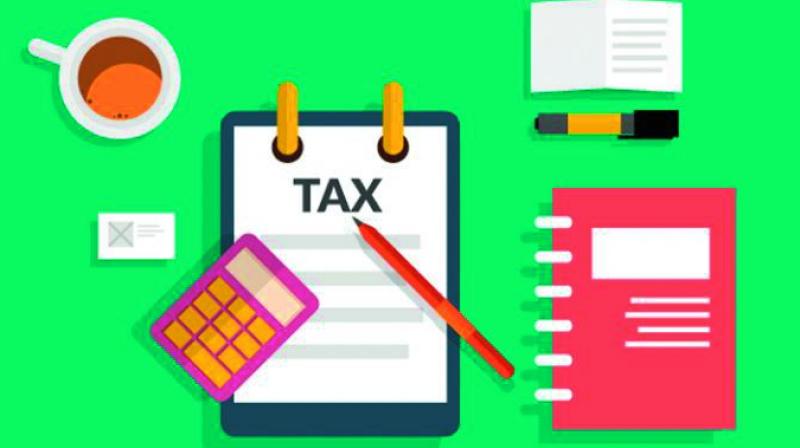Money talk: Avoid rookie mistakes with your income-tax returns

July 31 is the deadline for filing your income tax returns for financial year 2018-19. With just a few days left for the deadline, it’s necessary for tax-filers to gather their various income, TDS, and investment proofs and make a timely and error-free filing. Here are some mistakes you need to avoid as you prepare to file your returns.
NOT FILING & LATE FILING
Filing one’s income-tax returns is mandatory in several situations. Some of which are as follows: if your gross total income in FY 2018-19 exceeded Rs 2.5 lakh (or Rs 3 lakh if you are aged 60 or above, or Rs 5 lakh if you are 80 or above), if you want to get a refund on the excess taxes paid for that year, or if you want to carry forward losses from the previous year. Late filing of returns also attracts penalties: Rs 5,000 for filing after July 31 but before December 31, Rs 10,000 for filing between January 1 and March 31.
NOT DECLARING ALL INCOME
An error-free filing needs you to declare all your income and receipts for the year correctly. Not doing so may invite the scrutiny of the income-tax department. Your various forms of income include salary, business income, interest from bank and other deposits, capital gains, pension, income from house property, dividend, etc. Not all income is taxable, and not all tax needs to be paid at the same rate as your slab. Therefore, educate yourself about the applicable tax rates on various incomes. For example, Long Term Capital Gains above Rs 1 lakh from equity investments are tax-free.
NOT SELECTING THE RIGHT FORM
When filing your income-tax returns online, you must pick the right ITR form. There are several forms for Assessment Year 2019-20 namely, ITR1 to ITR7. ITR1 is also known as Sahaj, and this is for salaried and resident tax payers. ITR2 is for those who have earned an income or capital gain from house property. ITR3 is for income from business or profession. Of these seven options, you must pick the one applicable to you. This is most important.
NOT KNOWING YOUR DEDUCTIONS
You are allowed to make deductions from your taxable income. For example, deductions for rent paid, a standard deduction, deductions for home loan principal and interest payments, the purchase of life or health insurance, and so on. You must make yourself aware of the applicable deductions for financial year 2018-19. Not knowing the deductions you're eligible for, and what the limits of those deductions are, may lead you into paying the incorrect amount of taxes.
FALSIFYING INFORMATION
Do not under any circumstances falsify any information regarding your income, TDS and investments in your income tax returns. Do not especially accept suggestions that you do so in order to increase your tax refunds. Do not deflate your income and correctly report all receipts under their relevant heads. Misreporting of income can attract a penalty worth 200 per cent of the tax evaded, as per Section 270A of the Income Tax Act.
NOT CHECKING 26AS DETAILS
Form 26AS is a record of the TDS paid on your behalf by your employer, client, bank, or anyone who needs to make payments to you. Sometimes, a payer can incorrectly report your TDS, which will create problems for you. For example, a client may assign a TDS payment to you but fail to make the full payment to you. Therefore, download a copy of your 26AS and check it. Ensure its details are as per your expectations. You can simplify your returns filing process by going online and educating yourself further. You can also file your returns online and validate it using Aadhaar OTP. When in doubt, consult your tax advisor. Remember to always file your returns before time so that last-minute glitches don’t delay your filing.
The writer is CEO, BankBazaar.com

